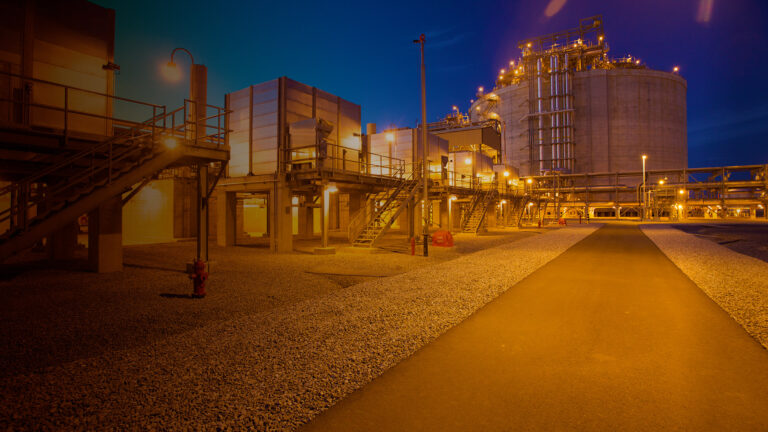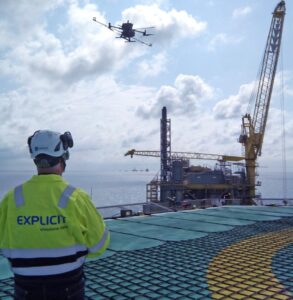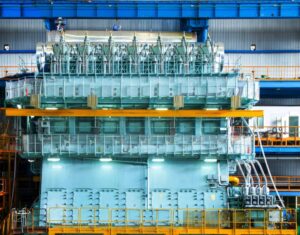Sempra LNG joins methane emissions consortium CAMS
U.S. LNG infrastructure company Sempra LNG joins the Collaboratory for Advancing Methane Science (CAMS), a research consortium created to better understand methane emissions.


Created in 2018, CAMS goes after scientific studies that address methane emissions along the natural gas value chain, from production to end use. The studies focus on detection, measurement, and quantification of methane emissions to create the best-possible mitigation strategies.
Other CAMS members include Cheniere, Chevron, Equinor, ExxonMobil, Pioneer Natural Resources, and Shell. The consortium is administered by GTI, a U.S. independent technology organization.
Their first project is called ‘Methane Emission Estimate Tool’ (MEET). It is an open-source model that simulates methane emissions from production and boosting and gathering facilities, which enables operators to evaluate the effectiveness of both detection and mitigation strategies.
Phase two of the project will see applying of this tool in order to simulate areas of higher methane concentrations for ‘Project Astra’, an initiative to create a regional, multi-operator sensor network that will leverage advances in methane-sensing technologies and data analytics to provide monitoring.
A new CAMS project will determine methane contributions of LNG offshore transport vessels while in port and at sea.
The plan of CAMS members is to focus on improving the understanding of satellite emissions data as well as create refined emissions profiles and methane abatement strategies for natural gas pneumatic control devices.
Lisa Glatch, president and chief operating officer of Sempra LNG, said: “Sempra LNG is committed to creating sustainable value not only through the safe and responsible operation of the LNG pipelines and liquefaction infrastructure we own, but also investing in innovative research to reduce emissions in other parts of the LNG supply chain.”
“Natural gas will continue to play a vital role in the future of energy, and partnerships like CAMS position like-minded companies to join forces for the betterment of the industry and the environment,” said pioneer natural resources sustainable development advisor Sri Sridharan.









